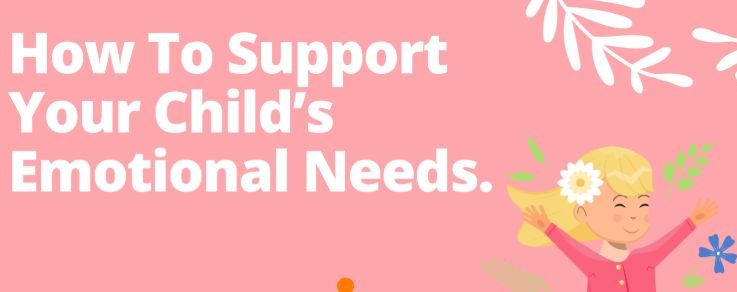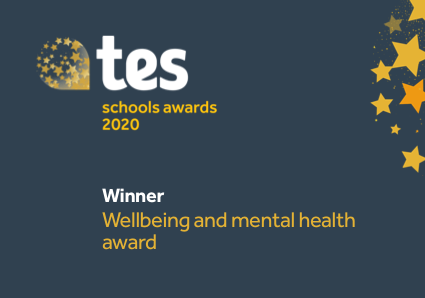Supporting Your Child's Emotional Development

A Guide for Parents
Helping your child understand and manage their emotions is one of the most important roles you have as a parent. Here’s how you can help your child grow into an emotionally intelligent and resilient individual.
What is Emotion Coaching?
Emotion coaching is about:
- Recognising your child’s emotions.
- Helping their name and understand their feelings.
- Guiding them to manage emotions in healthy ways.
It strengthens your bond and teaches lifelong skills like self-awareness and problem-solving.
Five Steps to Emotion Coaching
1. Notice and Tune In
- Pay attention to your child’s body language, tone of voice, and behaviour.
- Look for signs of their emotions, even when they’re not saying much.
2. Connect and Show Empathy
- Get down to their level, make eye contact, and listen actively.
- Say things like:
“I can see you’re upset. I’m here for you.”
3. Name the Feeling
- Help your child identify their emotions:
“It seems like you’re feeling frustrated because you can’t find your toy.” - Naming emotions makes them less overwhelming and easier to manage.
4. Validate the Emotion
- Let your child know it’s okay to feel how they’re feeling.
“It’s normal to feel sad when things don’t go as planned.” - Avoid dismissing their feelings with phrases like “Don’t cry” or “You’re fine.”
5. Problem-Solve Together
- When your child is calm, guide them to think of solutions:
“What can we do to fix this together?” - Suggest strategies like taking deep breaths, asking for help, or taking a break.
Practical Tips for Parents
- Model Emotional Awareness: Talk about your feelings and how you manage them. For example, “I’m feeling stressed, so I’m going to take a few deep breaths.”
- Create a Safe Space for Emotions: Show your child that it’s okay to express all kinds of emotions, not just positive ones.
- Teach Calming Techniques: Practice simple coping strategies like:
- Deep breathing: “Smell the flower, blow out the candle.”
- Drawing or writing about feelings.
- Using a “calm-down corner.”
- Be Patient: It’s okay if your child struggles with big emotions. Learning takes time.























